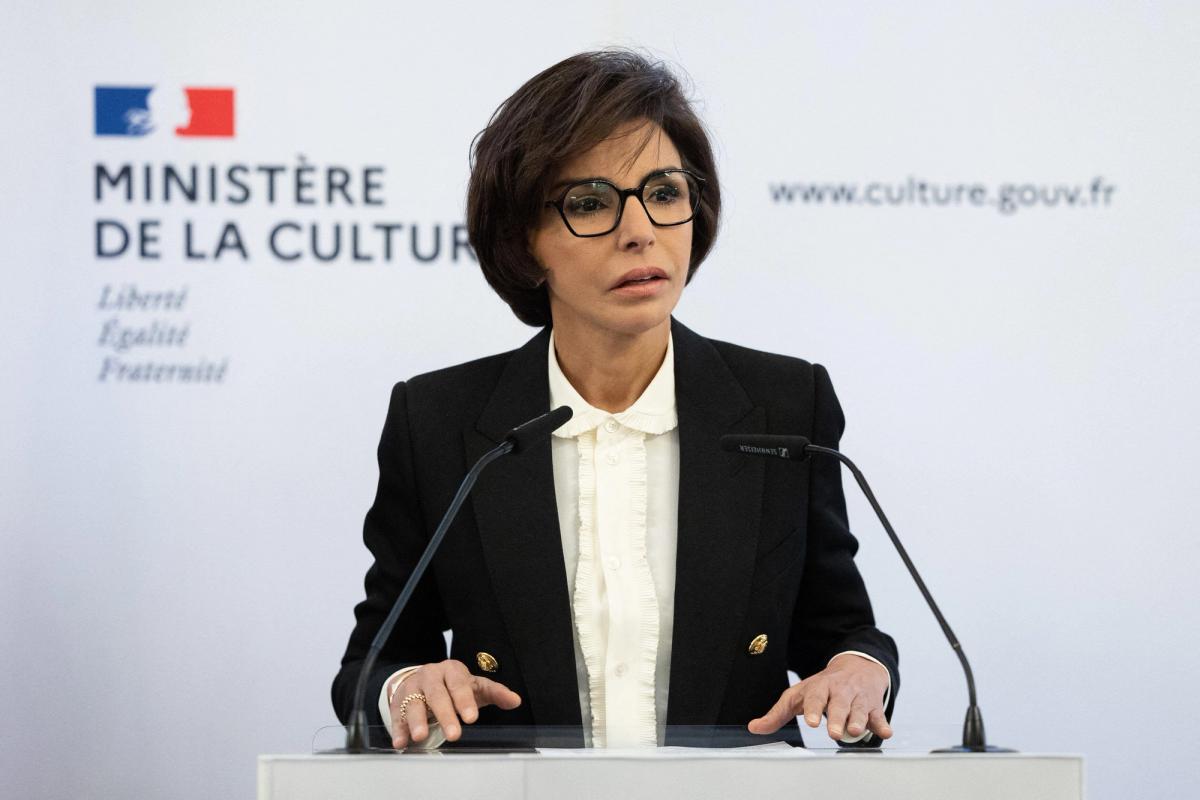In a move that has stunned France's political classes, French president Emmanuel Macron yesterday appointed the ultra-conservative politician Rachida Dati as his new culture minister.
According to media commentators, the nomination is the biggest surprise in the latest government shake-up that Macron hopes will breathe new life into his presidency, which has been mired by crises and setbacks.
Dati is a leading figure on the right wing of the conservative party in Paris and has ambitions to become the capital's next mayor in two years.
However, upon accepting the post of minister, she was expelled from her party Les Républicains, which was quick to remind her that she had previously described Macron’s movement as “a bunch of left-wing and right-wing traitors“.
Olivier Faure, the head of the socialist Party, ironically said: "A traitor, and charged with corruption, a perfect choice." Dati is facing charges of corruption and money laundering for having received €900,000 in consulting fees from the car manufacturer Renault when it was headed by Carlos Ghosn, while she was a member of the European Parliament. She denies any wrongdoing.
The surprise was all the greater because, as a Macronist member of parliament told the daily newspaper Le Figaro, “she has no connection whatsoever with culture, about which she knows nothing“.
But her supporters pointed out that she is a heavyweight politician “with a feisty character who will be able to defend the ministry's €11bn budget“.
In her first speech, Dati pledged to "remain a fighter", vowing to defend "the popular France, which is sometimes despised."
Challenges could be on the horizon, however, due to her notoriously strained relationship with the new prime minister, Gabriel Attal. Indeed, in a clear breach of protocol and a snub to Attal, Dati jumped the gun and announced her own appointment.
She is also at odds with the mayor of Paris, Anne Hidalgo. After her appointment, the mayor wished the cultural community “lots of courage". These tensions might complicate the completion of important projects in the city such the layout of the surroundings of the Notre-Dame de Paris cathedral, the ongoing €250m renovation of the Grand Palais or the Curie Institute's plans for a new cancer research centre on its grounds.
Her appointment was also received with “incredulity" by the artistic and media community, according to Laurent Domingos, the coordinator of the Off festival in Avignon.


